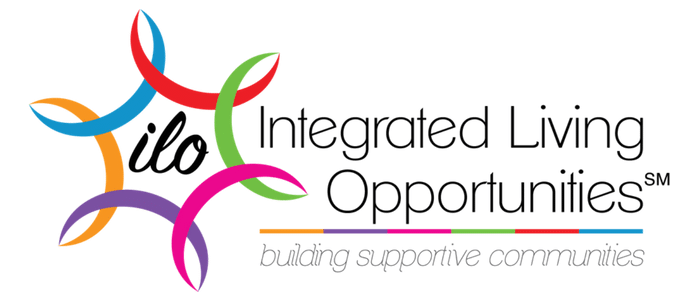Thursday, March 23, 2017
Today’s post has been shared from M&L Special Needs Planning, LLC. M&L’s mission is to educate families in an emphatic, methodical, non-threatening way. M&L does this by providing workshops and creating financial security with comprehensive special needs life plans and government benefit counseling for the individual with special needs, siblings, and parents. ILO Founder and President Maedi Tanham Carney CFP(R), CWIC founded M&L in 2009.
As parents, we all must face the fact that one day soon (often much sooner than we would like) our children will be adults. For persons with special needs, this progression from childhood into the adult world can be complicated. Issues such as future living arrangements, meaningful long-term employment, involvement in social and community events, as well as other financial considerations need to be examined. These are often very complex issues, which can require extensive planning. In the special needs community, the process of planning for the future of the special needs individual is referred to as transitioning.
There are a number of different steps involved in the transitioning process. According to the Individuals with Disabilities Education Act (IDEA), school districts are required to provide transition plans that incorporate both education opportunities and successful post-school employment for youth with disabilities by age 16. This process can take place at as early as age 14. The transition plan is then incorporated into an Individualized Education Plan, or, IEP. The IEP, which has been created by a team that includes the parents, the child with special needs and the staff at the school that the child attends, outlines the educational services your child will receive. It also provides a framework for the broader, long-term educational and post school goals for your child.
As the age of graduation draws closer, students with special needs begin to direct their focus away from activities in the school and begin to participate in real-world, off-site work activities. Questions such as, “Does my child show an aptitude for a particular job?” “Where will my child live?” or “is there a post-secondary program that will help my child integrate into the working world?” will be examined. An Individualized Plan for Employment, or, IPE, must be developed. The IPE is a written plan outlining an individual’s vocational goal, and the services to be provided to reach that goal. Other employment options, such as Supported Employment, Vocational Rehabilitation, and an employment consultant/job coach will be explored. Other considerations – such as the financial resources that may be available to your children during the different stages of the transition process – also need to be examined.
I hope this brief summary of the transition process helped to clarify some of the questions you may have surrounding transitioning. Remember: the primary goal of transitioning is to lay the groundwork that will help to ensure a happy, successful and productive future for persons with special needs. Creating a plan will help to alleviate some of the anxiety associated with this stage of your child’s life, and will help you and your family effectively deal with a period of change and uncertainty.
If this topic is still a source of stress for you, or if you still have many questions, don’t worry – we can help! <&L Special Needs Planning has designed a workshop titled “A Roadmap for Transitioning Planning & a Discussion of Post-Secondary Options” which we offer at various times throughout the year. During this workshop, we provide a more comprehensive outline of what “transitioning” really is. We also explain the various terms that arise during the transitioning process and offer a discussion of the different post-secondary options available for persons with special needs in Washington, D.C., Maryland, and Virginia, as well as the options available in other states.
All of our workshops offer a wealth of information, but due to the nature of transitioning, this workshop is particularly detailed. One recent attendee of the workshop had this to say:
“I want to pass along a belated but sincere thanks for the last seminar, which I thought was one of the best that I have attended. Perhaps it was the more informal setting with participants around a table (or lack of PowerPoint), but the session proved to be particularly informative with just the right amount of audience participation…perhaps ILO will be in the future.”
If you would like for us to present this workshop at your venue, please contact us. We are always looking for new venues, and are willing to travel. As always, send us an email with any questions, comments or suggestions you may have on this or any other special needs related topics.
